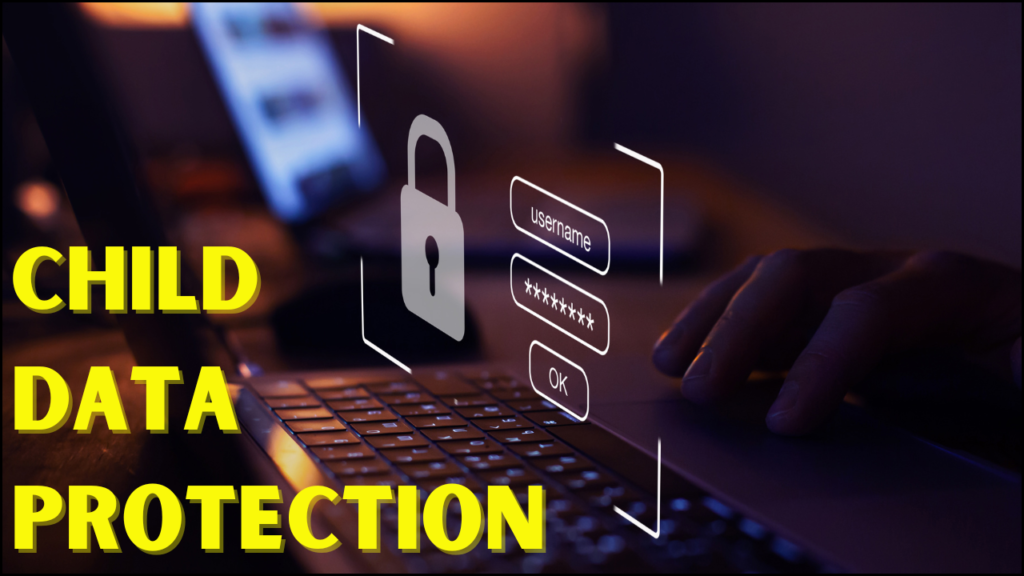
The Digital Personal Data Protection Act (PDPA) 2025 marks a significant step in India’s approach to data privacy, with special emphasis on protecting children’s personal information. This comprehensive framework establishes crucial guidelines for handling personal data, particularly focusing on vulnerable groups like children and disabled individuals.
PDPA: Digital Personal Data Protection Act
The PDPA considers those under the age of 18 to be children. Other authorities, such as the European Union, consider children who are under the age of 16. The other act, the GDPR (General Data Protection Regulation), specifies that the child must be under the age of thirteen.
Returning to the PDPA, Section 9 of the statute includes provisions for processing children’s personal data. The act requires parents’ agreement if there is any data relating to the child.
The PDPA legislation does not grant permission to process any data relating to the chlid that may have a negative impact on the child. The statute states that we cannot track or monitor the child’s behavior. For example, we cannot target children in our advertising.
Evaluation
The phrase verifiable parental consent (VPC) is used in the PDPA Act, however it is not defined. When dealing with a child’s data, we are required to obtain the approval of the child’s parents. Now, the authorities must develop methods or criteria for obtaining parental approval.
The US government collaborated with the Federal Trade Commission to develop criteria for verifiable parental consent (VPC). These rules describe the process of acquiring physical consent from the parent, and the parent may send the consent in hard copy by post or via email. Consent can be obtained via a toll-free hotline or video call. Companies can use knowledge-based question-and-answer forms, preserve the parent’s government ID, and use facial recognition to obtain consent.
People in the United States do not favor the FTC rules for parental consent since the consent process is time-consuming and costly. However, the parents are in support of these consent forms, arguing that correct consent mechanisms are required to meet the goal of COPPA.
The government can use one way called platform-mediated verifiable parental permission. In this strategy, a dedicated platform will be established to obtain parental authorization and uniformly indicate users who are underage.
The Indian government is also expected to consider the most effective methods of obtaining parental approval. The child’s age is important since the maturity level of a five-year-old child differs greatly from that of a thirteen-year-old child. The VPC should alert children under the age of ten who use social media platforms such as Facebook.
Bars on Processing
The PDPA has made it a penal offense to utilize children’s personal data in a way that is damaging to the child. Organizations are not authorized to follow the child’s personal data or monitor the person’s behavior.
The detrimental effect is defined as the negative effects on the child, such as when the youngster’s physical or mental health is affected. The government prioritizes the well-being of children. This is defined in US law, however the PDPA does not elaborate on the detrimental effect on the child.
Because the phrase is not completely defined, individuals have assumptions regarding the detrimental effect. Some believe that if a child uses social media, their mental health is automatically harmed. Social media asks for a person’s age before registering, and only people above the age of 13 are allowed to establish an account.
However, because the PDPA has established the age as 18, minors aged 13 to 18 will now have social media profiles, and social websites will gather data on them. It will negatively impact teenagers’ mental health. It is necessary to elaborate on the PDPA Act.
Another type of online coaching scenario involves tracking the behavior of children under the age of 18. This can have a harmful effect on the children. Another is an advertisement that just targets youngsters. Some game firms only target youngsters, and they download games without understanding the repercussions. This is also hurting the child’s mental health.
Closing Perspectives
The PDPA is a remarkable initiative by the Indian government to protect children’s data. The PDPA Act will also benefit disabled individuals in India. Although, as previously discussed, this act need further explanation in many areas, it will undoubtedly benefit children’s health.